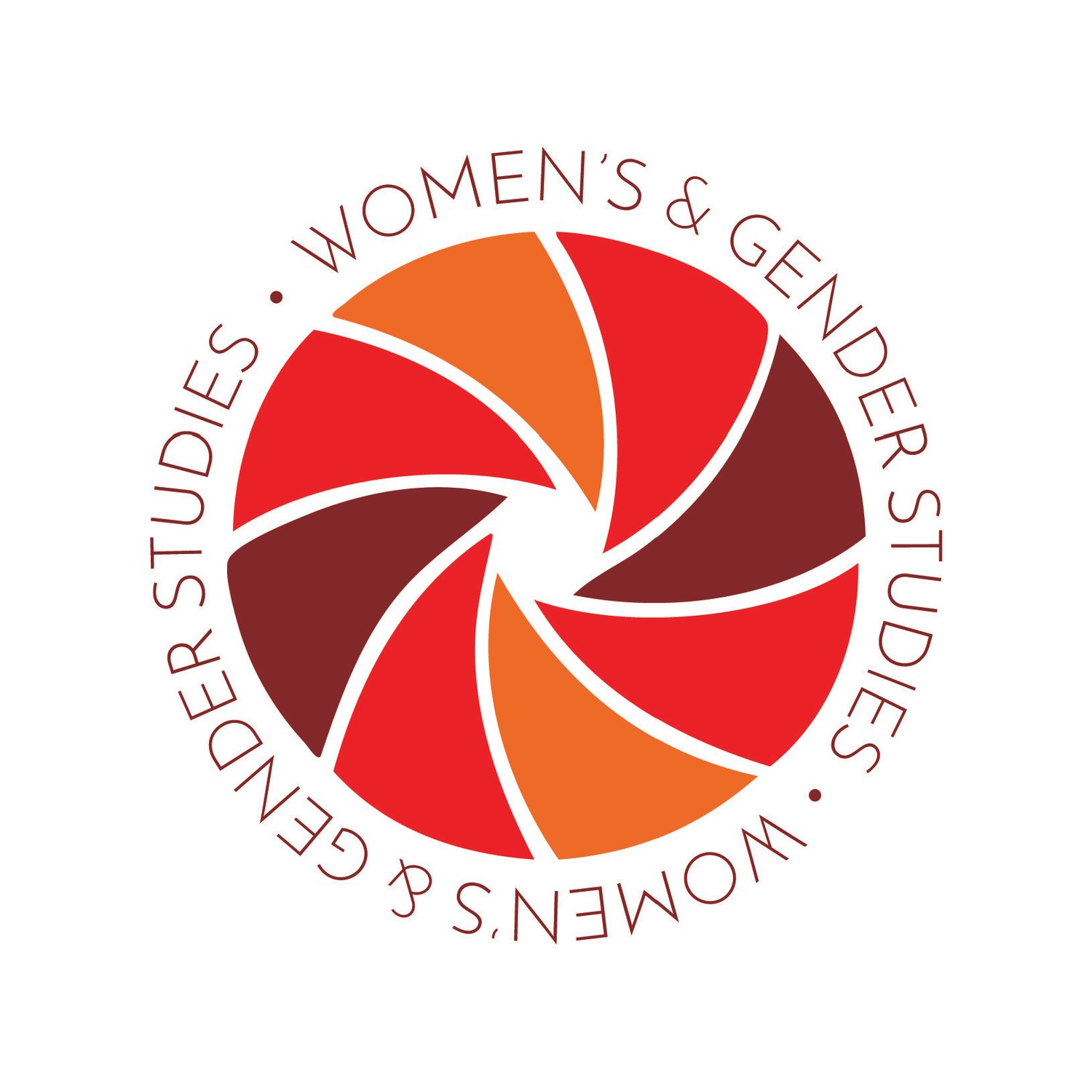Add to Google Cal | Outlook Cal
In this panel, we discuss two forthcoming books: Feminist Security Studies in the Americas: Pushing the Fronteras (Palgrave Macmillan, 2025, in English) and Feminist Security Studies from Latin America and the Caribbean (Estudios Feministas de Seguridad desde América Latina y el Caribe, UFSC, 2025, in Spanish and Portuguese). Feminist Security Studies in the Americas: Pushing the Fronteras, edited by Priscyll Anctil and set for publication in 2025, served as an initial catalyst for this collective exploration. The book convenes voices from across the Americas, creating space for decolonial, anti-racist, queer and class-based perspectives within feminist security discussions.
This process led to the formation of the Feminicides and Feminist Security Studies reading group, supported by various projects, including the MIT Data + Feminism Lab, with over 100 participants from 14 countries. The reading group’s critical discussions evolved into essays by activists, government workers, and academics featured in the second book, Feminist Security Studies from Latin America and the Caribbean, edited by Alessandra Jungs de Almeida. Together, these books bring together a community of more than 40 authors and represent a collective, transnational feminist effort to address security issues from perspectives often marginalized in traditional security studies.
The panel brings together Priscyll Anctil Avoine, Alessandra Jungs de Almeida, and J.C.D. Calderón, all of whom contributed to both book projects. The discussion is facilitated by Radhika Radhakrishnan. The panel explores the main theoretical, epistemological, and methodological contributions of these edited volumes, including how they contest andro-anglo-centered knowledge production and expand the concept of feminist security.
Participants:
Priscyll Anctil Avoine is a researcher in Feminist Security Studies and Associate Professor in the Department of War Studies at the Swedish Defence University (Sweden). Her work focuses on women's political militancy in leftist insurgencies and post-war contexts, particularly in Colombia and Nepal. Priscyll has over 10 years of experience in gender research and consulting with NGOs, civil society organizations, universities, and feminist and women’s collectives. She is also the director and activist of the Fundación Lüvo, a collective committed to developing feminist and anti-racist projects and publishing Revista Lüvo.
Julio César Díaz Calderón (They/Them) is a trans/feminist activist-scholar, poet, data scientist, and street educator. They have been published in different peer-reviewed journals in International Relations, Gender Studies, Literature, and Mathematics including Millennium: Journal of International Studies, International Feminist Journal of Politics, Revista Interdisciplinaria de Estudios de Género de El Colegio de México, and Latin American Literary Review. They edited the special section on “Imagined and lived in/securities through poetry” in Critical Studies on Security (with Ahmad Qais Munhazim, 2024), the special issue on “The study of International Relations through queer/cuir and trans/feminist perspectives” in Relaciones Internacionales (with Gloria Cuesta Noguerales, 2025), and the special issue on “Transnational Black Feminist Poetics/Politics” in the International Feminist Journal of Politics (with K. Melchor Quick Hall, 2025). Currently, they are working on an edited volume on Re-Stor(y)ing in/as/against International Relations (with Elane Westfaul) and a monograph on Re-Telling International Relations From Latin America: As If Trans and Queer People Matter(ed).
Alessandra Jungs de Almeida holds a Ph.D. in International Relations from the Federal University of Santa Catarina (UFSC), Brazil. She is a postdoctoral associate at the Women’s and Gender Studies Program at the Massachusetts Institute of Technology (MIT) and an affiliated researcher at the Data + Feminism Lab (MIT) and the Center for Gender Studies in Foreign and International Policy (UFSC). She earned a master’s degree in International Relations from the Federal University of Santa Catarina (UFSC) and a bachelor’s degree in International Relations from the Federal University of Santa Maria (UFSM), with a study period at the University of Santiago, Chile (USACH). As a feminist scholar, her work focuses on reproductive rights and gender-related violence. Jungs de Almeida theoretical foundation in these areas is grounded in an interdisciplinary approach, drawing from International Relations, Critical Data Studies, and Gender Studies.
Radhika Radhakrishnan is an interdisciplinary feminist researcher and activist from India, and a doctoral student at the History, Anthropology, and Science, Technology, and Society (HASTS) program at MIT. At the Data+Feminism Lab, she co-leads the Feminist Smart Cities project. Radhika has worked for over five years with civil society organizations to study the intersections of gender justice and digital technologies using feminist, qualitative research methodologies. Her research focuses on understanding the challenges faced by gender-minoritized communities with emerging digital technologies in India and finding entry points to intervene meaningfully. She is currently studying the lived experiences and histories of gendered digital surveillance in India. Radhika holds an M.A. in Women’s Studies from the Tata Institute of Social Sciences, India, and a B.E. in Computer Science Engineering from M. S. Ramaiah Institute of Technology, India. She has previously carried out research with the World Wide Web Foundation, Internet Democracy Project and the Centre for Internet and Society. She has also consulted with the Internet Governance Forum of the United Nations, and the Women's Rights Programme of the Association for Progressive Communications.
Food will be provided
Organizer: Women’s and Gender Studies - MIT
Sponsors: Data + Feminism Lab, MIT Libraries Community Engagement, MIT-ICEO, MIT-SHASS
For questions, email wgs@mit.edu

